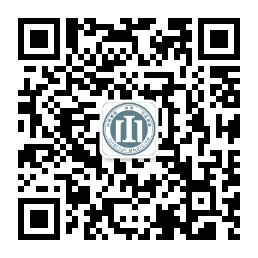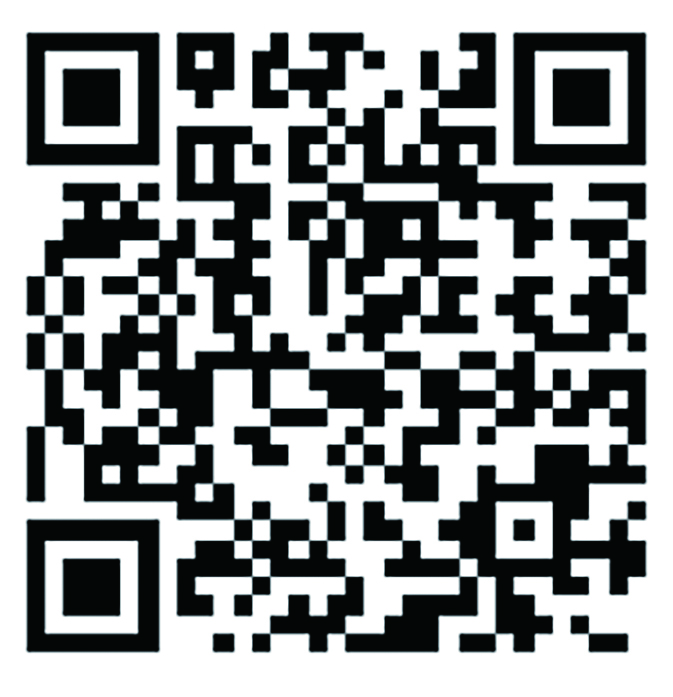目的 调查妊娠期糖尿病(GDM)孕妇风险感知、社会资源支持及自我管理水平的现状,并分析自我管理水平与风险感知、社会资源支持的关联。方法 采用便利抽样法,选取227例GDM孕妇为研究对象进行横断面调查,调查工具包括一般资料调查表、GDM孕妇风险感知量表、GDM孕妇社会资源支持量表及GDM孕妇自我管理评价量表。本研究共回收有效问卷218份(有效回收率96.0%)。采用Pearson相关性分析探讨GDM孕妇风险感知、社会资源支持与自我管理水平的相关性;采用单因素、多因素线性回归分析识别该群体自我管理水平的影响因素。结果 GDM孕妇风险感知量表总分为(99.43±11.50)分,GDM孕妇社会资源支持量表总分为(136.15±24.75)分,GDM孕妇自我管理评价量表总分为(133.11±13.99)分;GDM孕妇自我管理能力处于良好水平,风险感知与社会资源支持处于中等水平。相关性分析显示,风险感知中的严重性、易感性感知维度与自我管理呈正相关(r=0.564~0.609),而控制风险、社会风险维度与自我管理呈负相关(r=-0.390~-0.311);社会资源支持各维度均与自我管理呈正相关(r=0.346~0.748)。多因素线性回归分析表明,社会资源支持水平(β=0.62, P<0.001)是自我管理水平最强的预测因子,其次为家庭人均月收入、糖尿病家族史及风险感知水平(均P<0.05)。结论 GDM孕妇自我管理水平总体良好,风险感知与社会资源支持水平均有提升空间。社会资源支持是自我管理最关键的影响因素。风险感知对自我管理的作用具有双重性,提示临床干预需在增强疾病威胁认知的同时,重点降低其失控感与社会担忧,并构建多元化的社会支持网络以进一步提升自我管理水平。
内科 页码:358-365
作者机构:1 广西中医药大学,南宁市 530200;2 广西壮族自治区妇幼保健院,南宁市 530003
基金信息:广西医疗卫生适宜技术开发与推广应用项目(S2021070);广西壮族自治区卫生健康委员会自筹经费科研课题(Z-A20230348) 通信作者:黄芳
- 中文简介
- 英文简介
- 参考文献
Objective To investigate the status of risk perception, social resource support, and self-management ability in pregnant women with gestational diabetes mellitus (GDM), and to analyze the correlations of self-management ability with risk perception and social resource support. Methods Using convenience sampling, 227 GDM patients were selected for this cross-sectional study. Data were collected through the General Information Questionnaire, risk perception scale for pregnant women with gestational diabetes mellitus, social resource support scale of pregnant women with gestational diabetes, and self-management scale for patients with gestational diabetes mellitus. A total of 218 valid questionnaires were collected (effective response rate: 96.0%). Pearson correlation analysis was used to explore the correlations among risk perception, social resource support, and self-management level in pregnant women with GDM; univariate and multivariate linear regression analyses were employed to identify influencing factors of self-management level in this population. Results The total score of the risk perception scale for pregnant women with gestational diabetes mellitus was (99.43±11.50) points, the total score of the social resource support scale of patients with gestational diabetes mellitus was (136.15±24.75) points, and the total score of the self-management scale for patients with gestational diabetes mellitus was (133.11±13.99) points; the above showed that the self-management ability of pregnant women with GDM was at a good level (standard score: 83.19 points), while their risk perception (standard score: 68.57 points) and social resource support (standard score: 71.66 points) were at moderate levels. Correlation analysis showed that the severity and susceptibility perceptions dimensions of risk perception were positively correlated with self-management (r=0.564 to 0.609), while the risk control and social risk dimensions were negatively correlated with self-management (r=-0.390 to -0.311); all dimensions of social resource support were positively correlated with self-management (r=0.346 to 0.748). Multivariate linear regression analysis indicated that the level of social resource support (β=0.62, P<0.001) was the strongest predictor of self-management ability, followed by monthly household income per capita, family history of diabetes, and risk perception level (all P<0.05). Conclusions The self-management ability of pregnant women with GDM is generally good, while there is room for improvement in risk perception and social resource support. Social resource support is the most critical influencing factor for self-management. The role of risk perception in self-management is dual, suggesting that clinical interventions should focus on enhancing disease threat awareness while reducing feelings of loss of control and social concerns, and building a diversified social support network to further improve self-management ability.
-
无




 注册
注册 忘记密码
忘记密码 忘记用户名
忘记用户名 专家账号密码找回
专家账号密码找回 下载
下载 收藏
收藏
